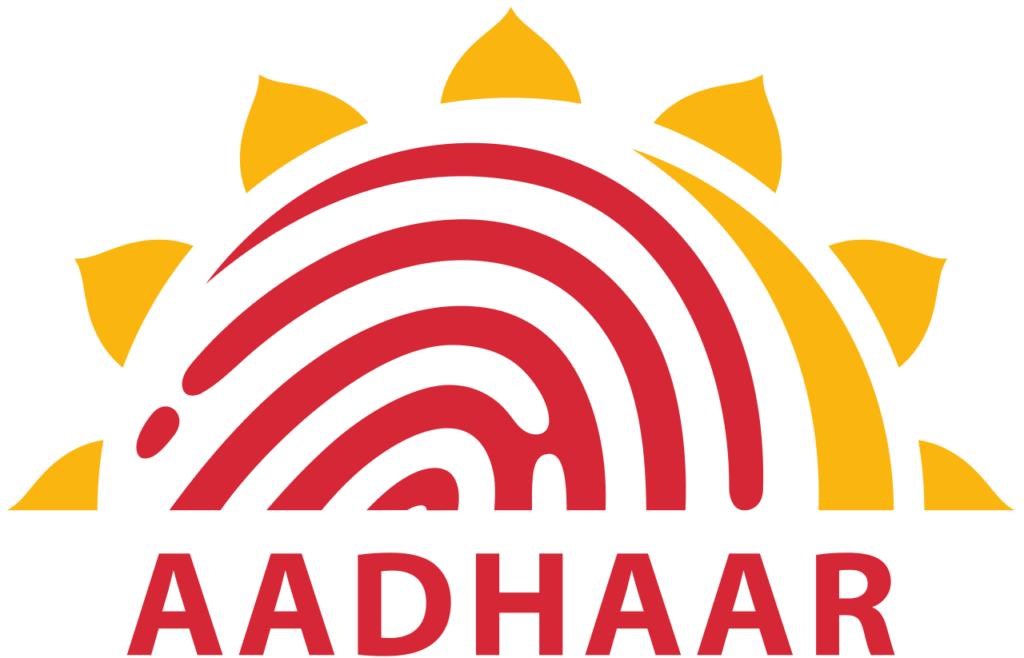In October 2017, the Jharkhand Government introduced a Direct Benefit Transfer (DBT) pilot for the Public Distribution System (PDS) in Nagri – a block on the outskirts of Ranchi. Instead of rice at Re 1 per kg at the ration shop, the PDS cardholders are to receive the subsidy (calculated at Rs 31.60 per kg) in their bank account, and they buy rice at the ration shop at Rs 32.60 per kg. If this pilot succeeds, the Jharkhand government plans to extend it across the state.
A recent survey in Nagri, however, found that that 97 per cent of the sample households opposed the DBT pilot. Their unhappiness – indeed anger – with the DBT system is not hard to understand. In January 2018, about 25 per cent of cardholders did not receive the cash. Even those who get money face many hurdles. Many households do not know which of their bank accounts is being credited with DBT money (the sample households had 3.5 bank accounts on average). They are often constrained to make multiple trips to the bank to find out if the money has come, as most of them do not receive SMS alerts. Some banks even disallow cardholders from withdrawing money (claiming that the amounts are too small), forcing them to make further trips to the local Pragya Kendra or banking correspondents, where they often have to pay bribes. The entire process leads to a huge waste of time and money for the cardholders. It is especially cumbersome for the elderly, the disabled, and those who find it difficult to take time off work.
All this is in addition to the hassles of Aadhaar-based biometric authentication (ABBA), rampant across Jharkhand. ABBA applies at the Pragya Kendra and ration shop. It is far from clear what purpose DBT serves when ABBA is in place at the ration shop.
PDS dealers, too, are inconvenienced by the DBT system as they now have to spend much more time to distribute grain and have to handle about Rs 4-5 lakhs worth of cash every month.
Nagri is the latest in a series of unsuccessful DBT pilots. As per NITI Ayog’s surveys of DBT pilots in Chandigarh, Puducherry and Dadra and Nagar Haveli, this system is more expensive to access PDS entitlements. These surveys also found that over time a small proportion of cardholders stopped receiving the cash subsidy. While these pilots allowed cardholders to buy food items from the market, in Nagri people are restricted to purchase grain from the PDS shop. A DBT pilot also failed in Kasba block of Purnia district (Bihar), though further details of this experiment are not available.
Jharkhand has amongst the highest levels of hunger and undernutrition in the country and the PDS there is a lifeline for many rural households. It may be recalled that lakhs of ration cards not linked with Aadhaar were deleted in Jharkhand last year. In the last five months, seven starvation deaths were reported in Jharkhand. Five of them were due to the mandatory integration of PDS with Aadhaar.
A padyatra will be taking place from Nagri to Ranchi on 26 February, to demand the discontinuation of the DBT pilot. This protest is jointly organized by five opposition parties (Communist Party of India (Marxist), Communist Party of India (ML), Indian National Congress, Jharkhand Mukti Morcha and Jharkhand Vikas Morcha) and several social movements and networks (Right to Food Campaign Jharkhand, Adivasi Moolvasi Astitva Raksha Manch, All India People’s Forum Jharkhand, United Mili Forum, All India Kisan Sabha, Jharkhand Jan Sanskriti Manch, Ekta Parishad, Bagaicha, Jharkhand Nagrik Prayas and others).
For further information please contact Akash Ranjan (9931014008) or Ankita Aggarwal (9504091005) or write at rtfcindia@gmail.com. Follow on Twitter: #RationBachao.

